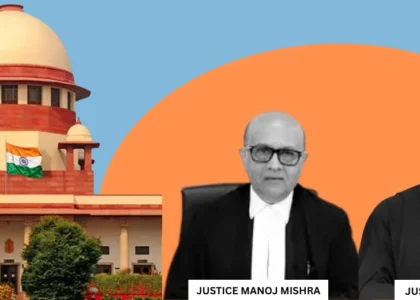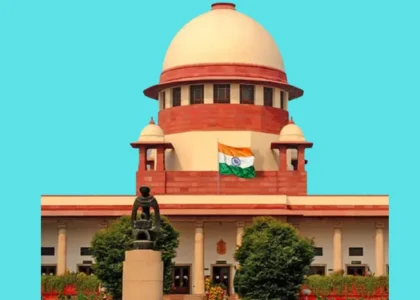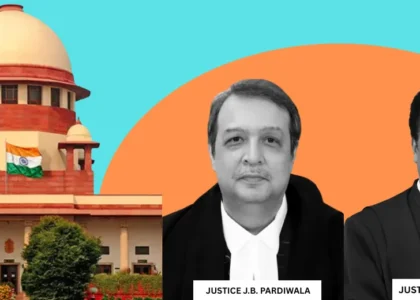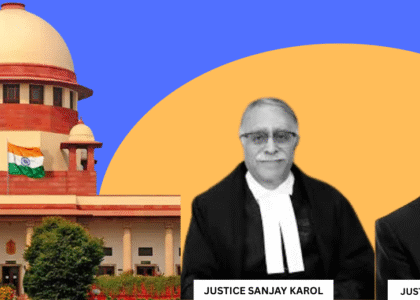Name of the case: Kaniz Ahmed v. Sabuddin & Ors.
Neutral Citation: 2025 INSC 610
Hon’ble Supreme Court’s Bench: Justice J.B. Pardiwala, Justice R. Mahadevan
Date: 30th April 2025
The Petitioner has challenged the judgment passed by the Hon’ble High Court of Calcutta whereby directions were issued for the vacation and demolition of the building on the ground that the Petitioner has raised two unauthorised floors and he was not granted an opportunity to seek regularisation for the said construction. The Hon’ble Supreme Court answered in the negative, stating that an individual who, without any authorisation, and with blatant disregard for the rule of law, constructed two floors in the building cannot claim relief in the form of regularisation. The Hon’ble Court reiterated that unauthorised constructions are impermissible and must be demolished, and there is no compromise or legal justification for such violations and further expressed its dismay that many state governments enact legislations for the Regularisation of Unauthorised Development, often based on the mere payment of impact fees. The Hon’ble Court emphasised that the Courts must adopt a stricter approach while dealing with the cases of illegal construction and should not readily engage themselves in judicial regularisation of buildings erected without the requisite permissions of the competent authority. It was further stated by the Hon’ble Court that if the law were to protect the one who endeavours to disregard it, the same would lead to undermining the deterrent effect of laws, which is the cornerstone of a just and orderly society. Hence, the Special Leave Petition stands dismissed.1







